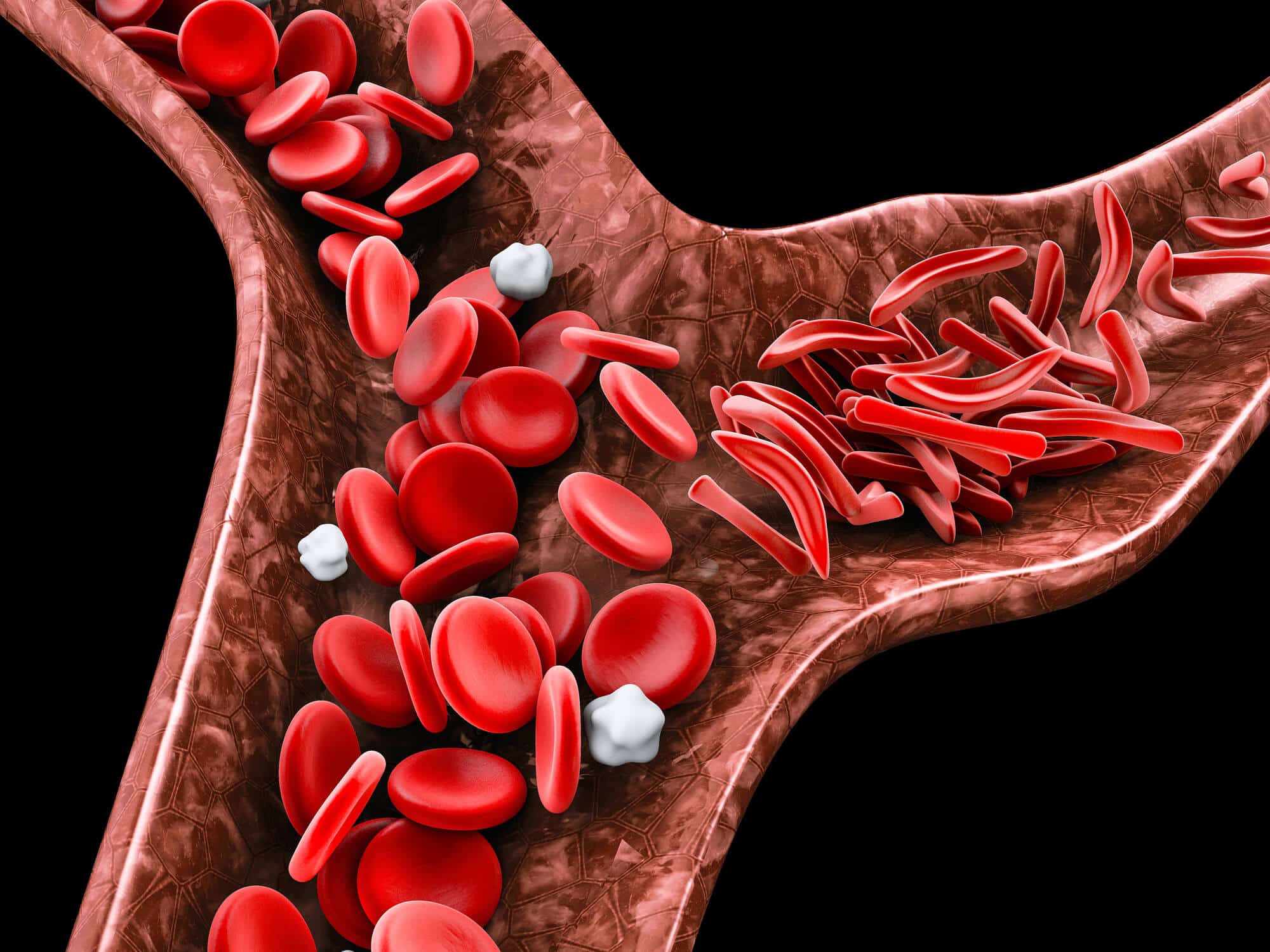Dr. Eil Handel from the Faculty of Life Sciences at Bar Ilan University won a grant as part of a European consortium researching possibilities for curing blood diseases with the help of genetic editing

Dr. Eil Handel from the Faculty of Life Sciences and the Institute of Nanotechnology at Bar-Ilan University won a grant as part of the European Consortium for Genetic Editing. The grant in the amount of approximately 6 million euros will allow Dr. Handel to advance his research to cure sickle cell anemia and beta thalassemia. Dr. Handel is an international expert in genetic editing and the use of CRISPR technology (CRISPR) To develop strategies to cure diseases related to the blood and immune system. As part of the consortium's activities, the research group led by Dr. Handel will examine the accuracy of genetic editing and make sure that it is efficient and accurate and does not affect unwanted areas of the genome.
Sickle cell anemia is a blood disease that accounts for 350,000 new cases worldwide each year. It causes severe anemia, severe pain attacks, increased risk of infections and loss of organ function. The disease affects hemoglobin, the main component of red blood cells, and is caused by a mutation of the beta-globin gene that codes for one of the key proteins of hemoglobin. The only treatments currently available to cure this disease are the transplantation of stem cells of the blood system from the bone marrow of a healthy donor (a limited method due to a lack of suitable donors), and gene therapy technologies that are in experimental stages and are based on the transport of the normal gene into the cells by means of a virus. Other available treatments make it possible to reduce symptoms and pain but are not aimed at treating the cause of the disease. Data from patients and samples from sickle cell disease model mice indicate that the stem cells of the blood system, which are considered the target cell group in gene therapy approaches, are characterized by a high mutation load, oxidative damage and a chronic inflammatory state. In the context of gene therapy, it is essential to understand the mechanisms underlying the dysfunction of hematopoietic stem cells and to evaluate the impact of gene editing approaches on them to ensure their safety and efficacy.
After learning of the win, Dr. Handel explained: "As part of the consortium's activities, my group will lead a working group whose task is to examine and evaluate the effectiveness and safety of the various approaches to genetic editing with which the consortium will work for sickle cell anemia and beta thalassemia." The project, which includes a multidisciplinary team consisting of eight partners from seven countries, will be promoted with unprecedented funding in this field of 6,001,250 euros from the European Union and co-financing of 917,485 euros from the Swiss State Secretariat for Education, Research and Innovation.
More of the topic in Hayadan:
- Experts claim: the effectiveness of the corona vaccine decreases in those suffering from iron deficiency
- A demon-haunted country XNUMX: The astrologer is not fired from the Broadcasting Authority, but the academy is closed
- Pluristem's clinical trial of stem cells from the placenta is progressing
- Researchers at the Hebrew University: Transgenic stem cells may be used to heal skeletal injuries
- Popular Science: Bacteria to repair holes in teeth
